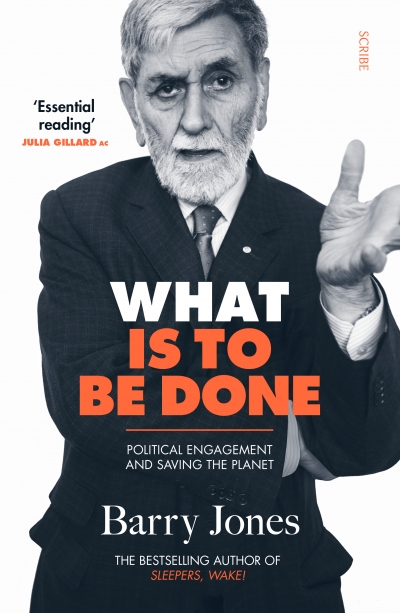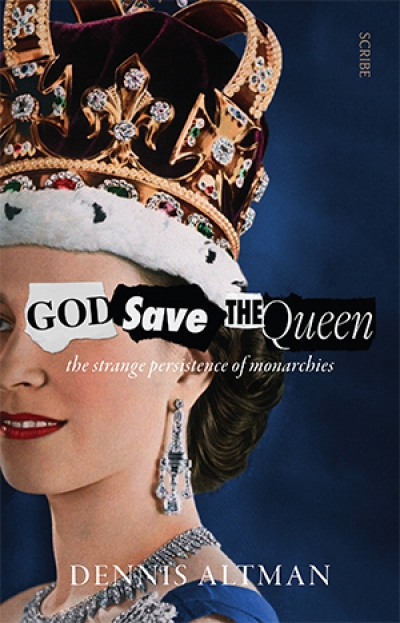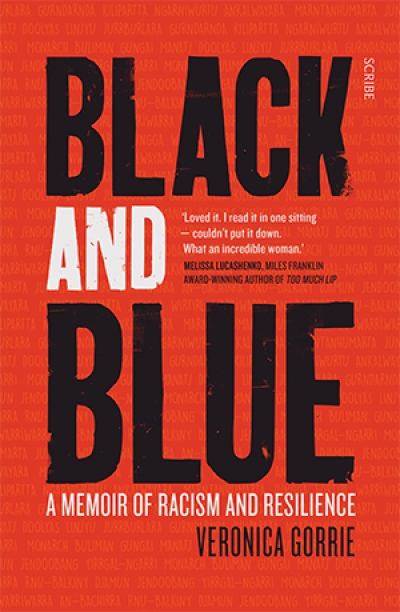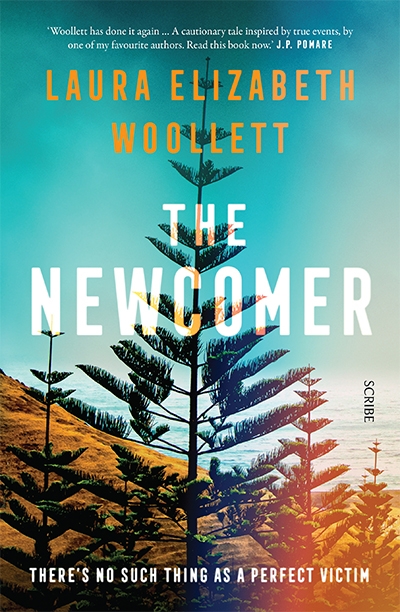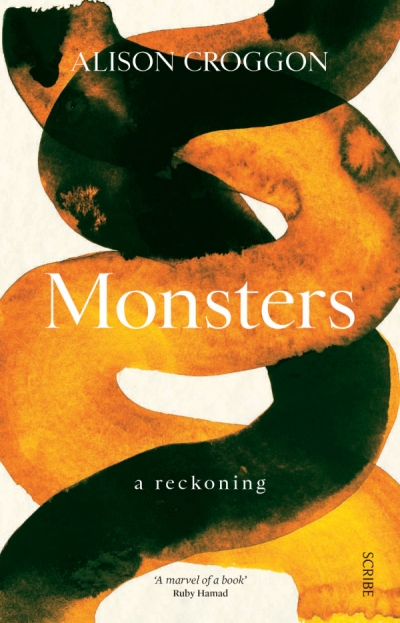Scribe
What Is to Be Done: Political engagement and saving the planet by Barry Jones
God Save the Queen: The strange persistence of monarchies by Dennis Altman
Black and Blue: A memoir of racism and survival by Veronica Gorrie
Writers seeking publication are often advised to have an ‘elevator pitch’ ready. These succinct book-hooks are designed to jag a trapped publisher in the wink between a lift door closing and reopening. Has this insane tactic ever actually worked? No idea. But it’s fun to imagine the CEO of Big Sales Books, on their way up to another corner-office day of tallying cricket memoir profits, blindsided by three of the looniest elevator pitches imaginable. A novel narrated by Jackson Pollock’s Blue Poles! A faux political memoir about a prime minister and his shark vendetta! An academic satire cum historical mystery mashup told largely through the – wait, wait, wait! – footnotes of a PhD thesis! That CEO will probably take the stairs next time, but kudos to the independent publishers who saw the potential in these experimental works and their début authors. Whatever the path of weird Australian writing, long may it find its way to these pages.
... (read more)Three recent novels by Australian women deal with current and increasingly urgent political questions about female identity and embodiment. They each use the conventions of popular realist fiction to provoke thought about the causes of female disempowerment and the struggle for self-determination. Coincidentally, they are also set, or partially set, in Australian country towns, although their locations are markedly different, and their plots culminate in the revelation of disturbing secrets.
... (read more)Literary Lion Tamers: Book editors who made publishing history by Craig Munro
To survey concurrent works of art is to take the temperature of a particular time, in a particular place. And the temperature of the time and place in these four début Australian novels? It is searching for a sense of belonging, and, at least in part, it’s coming out of western Sydney in the wake of the 2005 Cronulla riots. All four novels are set in New South Wales, three of them in suburban Sydney. Each is concerned with who is entitled to land and the stories we tell while making ourselves at home in the world, sometimes at the expense of others.
... (read more)
